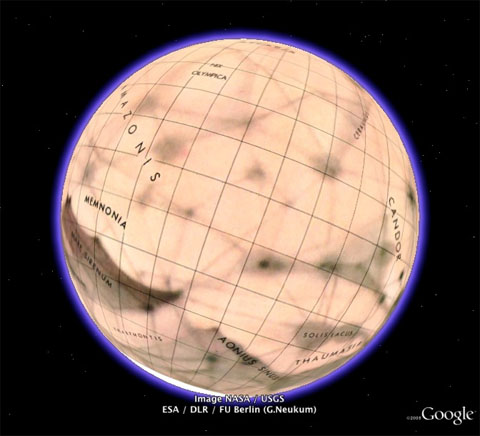Total war and total peace
[Cross-posted at Cliopatria.] A random thought while sitting in a lecture today: if there is (or can be) such a thing as total war, does that imply that total peace is a meaningful concept? Firstly, what is total war? One definition, drawn from the ubiquitous set of conference proceedings edited by Stig Förster et al […]

